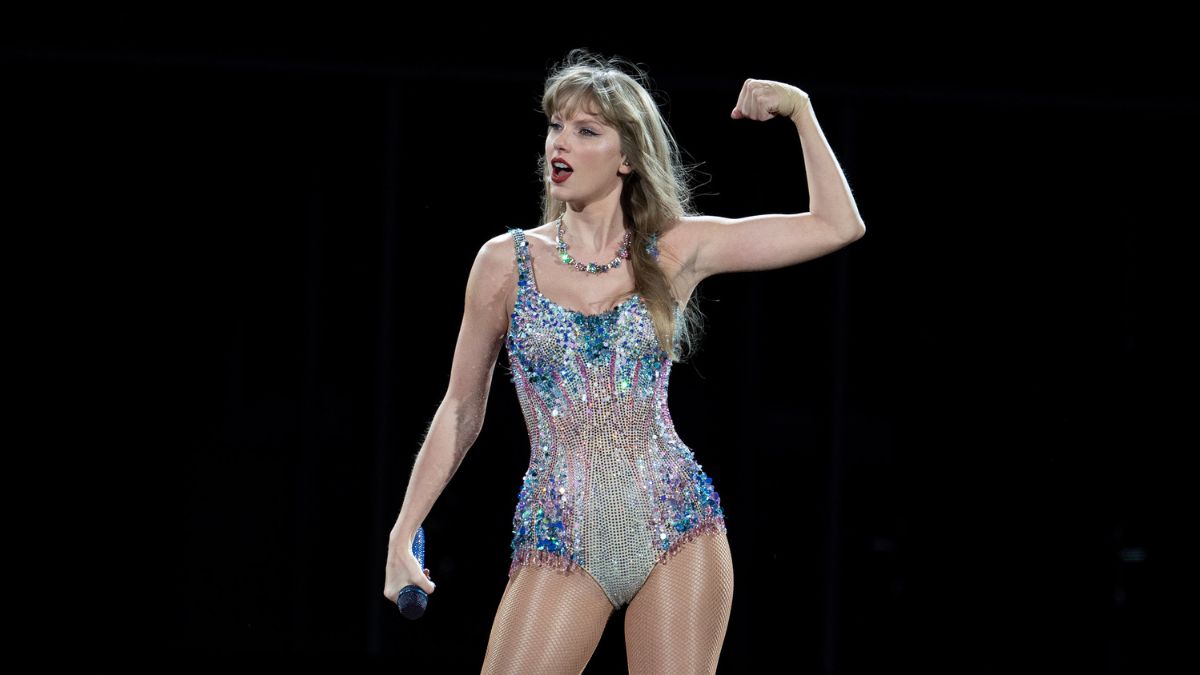

BreakPoint
The New Privacy Right
The right to privacy. It's not mentioned anywhere in the Constitution, but in 1973 the Supreme Court decided it existed anyway--and that it guaranteed the right to abortion. But privacy may soon be used to guarantee a whole slew of other rights. Take a recent example. In Florida, a circuit judge threw out charges against two young men for violating the state's statutory rape law. Florida law makes it illegal to engage in sexual relations with a girl below the age of sixteen--whether she consents or not. The idea is that some actions are so significant that young teens and adolescents shouldn't even be asked to consent to them before they're mature enough to understand the consequences. Nevertheless, the judge threw the case out. On what grounds? On the right to privacy, enshrined in Florida's state constitution. The judge argued that if the right to privacy allows minors to choose whether to have an abortion without consulting their parents, it must also allow them to choose whether to have sexual relations. In other words, abortion was just the foot in the door for all kinds of other issues. Most of us thought it was bad enough for the state to intrude into the relationship between parents and children on the issue of abortion. But it turns out that was just the wedge that would pry open a floodgate for the whole so-called children's rights agenda. The judge's ruling did just that. Consider: If children have a right to make their own decisions about sex and abortion, where do these rights stop? Can they make their own decisions about attending school? Guess that gets rid of compulsory education laws. Can they make their own decisions about whether to work? Guess that gets rid of child labor laws. And how far down the age scale does this privacy principle extend? What about ten-year-olds? Five-year-olds? What's behind the judge's decision is a massive denial that there are developmental stages in childhood and adolescence that warrant adult protection. Hillary Clinton, who is a children's rights advocate, says the idea of adolescence is sheer "invention." And in another children's rights case, the judge argued that there's nothing "magic" that happens to kids when they reach "the age of maturity." Well, I don't know if maturity is anything magic, but as any parent knows, it's real. There are genuine developmental differences between a 6-year-old, a 12-year-old, and an 18-year-old. It's only common sense to acknowledge those differences in law--by placing young children under their parents' protection. By denying those differences, children's rights advocates are busy removing parental protection. The statutory rape ruling is just one example. No wonder the ACLU praised the ruling as a step toward giving children the same rights as adults. The case gives us a glimpse into the kind of world that children's rights folks really want: a world without parental authority and without childhood innocence. One where the state knows best.
08/6/92















